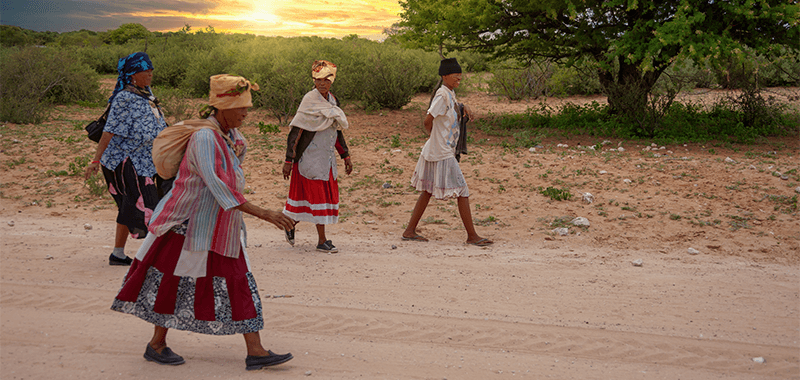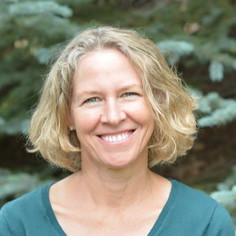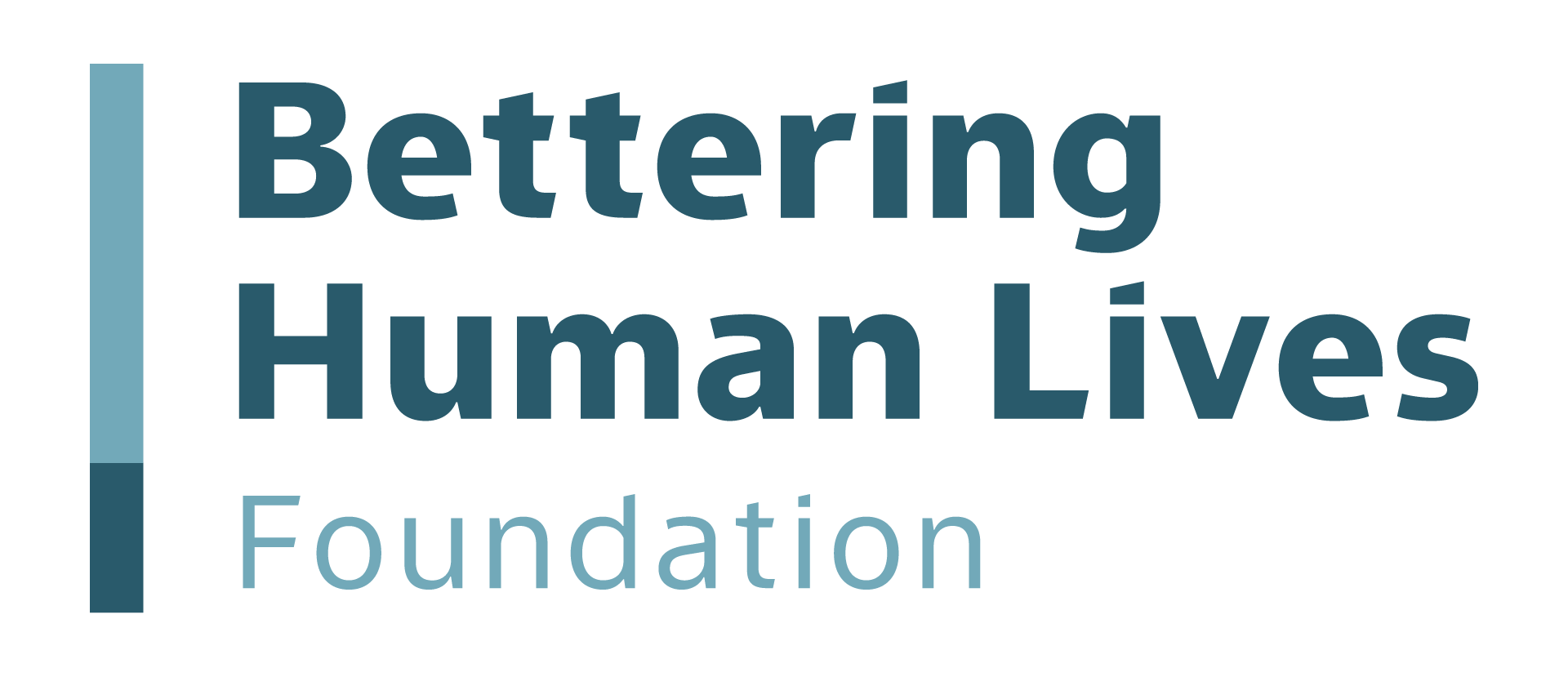Despite significant cultural and geographical differences amongst countries in Sub-Saharan Africa, the scenes outside the window, as I drive from town to town, are remarkably similar, and all include women and girls standing in lines at water pumps, walking in groups in search of firewood and cow dung, and carrying heavy loads of firewood and water-filled buckets. Whether in Malawi, Burkina Faso, Ethiopia, or Kenya, I pass clusters of homes and see women cooking amidst harmful smoke from open fires that are fueled by wood or cow dung. We are in the year 2023… how is this acceptable? I feel so disheartened that the daily lives of women and girls in many lower-income countries continue to be filled with tedious, physically demanding, and often dangerous tasks of collecting fuel and water for cooking, cleaning, laundry, and heating homes.

I am a nurse-midwife, and I have spent the past 30 years working to improve poor-quality health services for women during pregnancy, childbirth, and the postpartum period. For 25 years, I worked primarily in Southeast Asia, where access to energy and sustained economic growth contributed to visible progress in improving health and quality of life. For the past 5 years, my work has shifted to Sub-Saharan Africa, and I have encountered a very different reality. Governments and donors have made huge investments in health over decades, and yet most countries in Sub-Saharan Africa remain far from reaching global targets for development in any social sector, including maternal and newborn health. I continually ask myself, “How can a woman possibly enjoy a healthy pregnancy, access health services, and demand better quality services when she spends her time collecting firewood, cooking over polluting stoves, and missing out on education and revenue-generating activities that ultimately translate into her ability to make decisions and take action to improve her family’s well-being?” Better health services are essential, but far from sufficient. There is a great need to tackle more fundamental problems that perpetually constrain women and their families.
A clean-burning cookstove, such as those powered by Liquified Petroleum Gas can be a life-changer for families, particularly women and girls.
It liberates them from the drudgery of collecting fuel and cooking in smoke-filled spaces, affording them time for school or other income-generating activities. It immediately improves their health, safety, and quality of life. The Bettering Human Lives Foundation will mobilize financial and human resources to support LPG and cookstove entrepreneurs and innovators in Africa and Asia with one goal in mind: get a clean cookstove into 1 million households. As a midwife and a mother, my heart breaks when I see a postpartum mother and her newborns inside dark, smoke-filled homes. I am eager to get on a more impactful path toward bettering human lives.
Onwards and Upwards,
Anne Hyre

Anne is a certified nurse-midwife with over 30 years experience working in international maternal and newborn health for Jhpiego, an affiliate of Johns Hopkins University.
